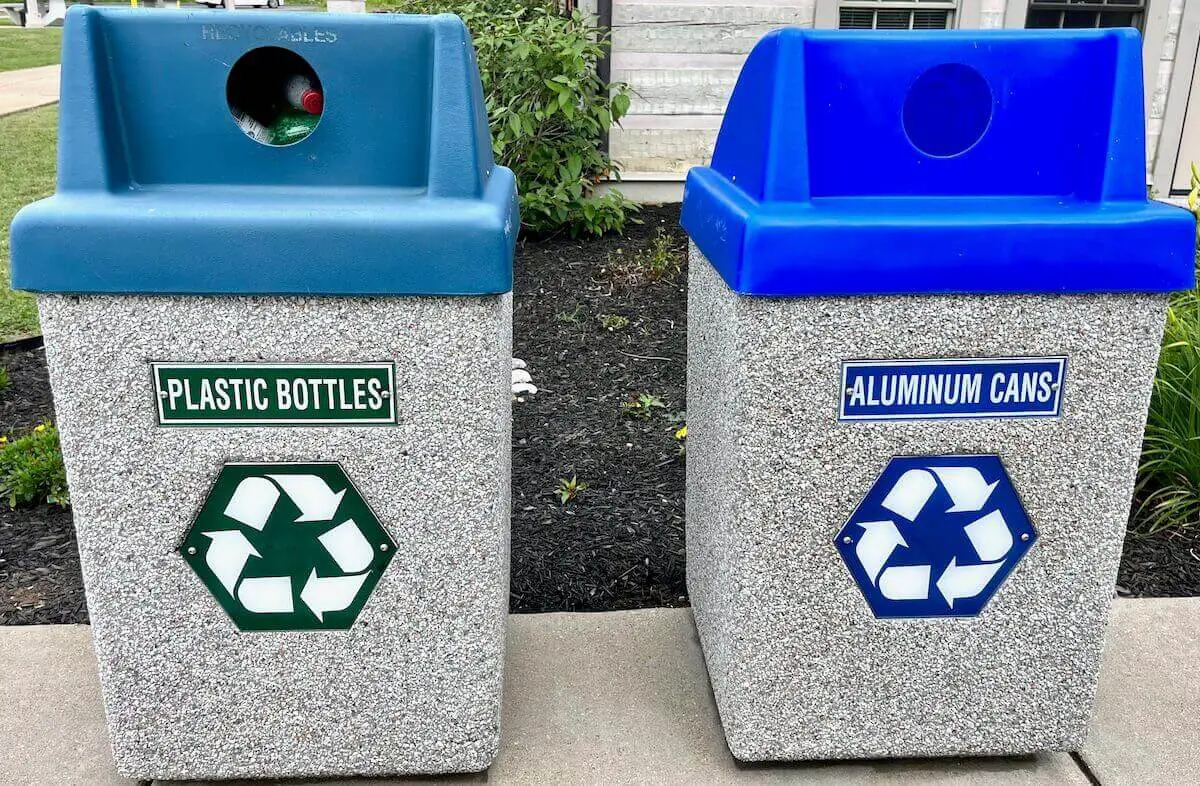Latest Congressional Proposal for Adding an ESG Investment Fund into TSP
Congressman Adam Schiff (D-Calif.) has just re-introduced the Federal Employees Sustainable Investment Act (H.R. 1261). The Congressman describes the bill as a “new retirement investment fund option for federal employees that promotes sustainability and corporate responsibility.”
The bill was also introduced in the previous Congress (H.R. 7852) and the Congressional session before that as well. It has not been brought up for a vote.
What is an ESG Fund?
The bill essentially would require the Thrift Savings Plan (TSP) to establish an ESG Fund as an investment option in the TSP.
ESG is an acronym for environment, social, and governance investing. Many things and companies can be included or excluded in a mutual fund using this acronym. The new bill introduced by Congressman Schiff falls into this category.
The bill would require the TSP to offer a new fund to be called the Corporate Responsibility Stock Index Fund. According to a press release, the bill “would have minimum corporate responsibility criteria that stocks would have to meet to be included, giving federal employees far greater options to invest within a fund that aligns with their values.”
He also says that “This bill will change that and allow federal employees to start making investments in the spirit of public service and with an eye toward sustainable practices that will help combat the climate crisis.”

Criteria for Proposed TSP Fund
The bill cites the following criteria for a company to be included in the new index fund:
- corporate governance;
- environmental practices (including greenhouse gas emissions and contribution to climate change);
- workplace relations and benefits;
- product safety and impact;
- international operations and human rights;
- involvement with repressive regimes; and
- community relations.
Mutual Fund Window and ESG Funds
The TSP introduced a mutual fund window (MFW) last year. This new investing option includes a wide variety of funds, including ESG funds.
Previous Socially Responsible Efforts and the TSP
There have been numerous attempts in Congress to use the TSP’s assets as a way to advance social change or political objectives. These attempts have included proposals such as these:
- The “Federal Employee Socially Responsible Investment Act”;
- Using actively managed funds instead of index funds to give companies run by women and minorities a chance to earn fees from the TSP;
- Creating “terror-free international investment options” in the TSP;
- Creating a TSP fund to ensure gender diversity and empowerment
- Avoiding fossil fuels in TSP investments.
None of these bills were passed into law.
Investment Rule on Considering Climate Change
On November 22, 2022, the Department of Labor (DOL) published a “final rule” in the Federal Register. The rule was entitled Prudence and Loyalty in Selecting Plan Investments and Exercising Shareholder Rights.
The new rule, according to a DOL press release, “allows plan fiduciaries to consider climate change and other environmental, social and governance factors when they select retirement investments and exercise shareholder rights, such as proxy voting.”
President Biden first proposed loosening investment requirements in an Executive Order ordering government agencies to assess climate-related risk to retirement and pension investments.
Bills Passed in House and Senate Would Overturn DOL Rule
The Biden Executive Order assumes climate change will harm investment returns in the Thrift Savings Plan (TSP). The Executive Order concerns “the global shift away from carbon-intensive energy sources and industrial processes present(ing) transition risk” while also providing “generational opportunities to enhance U.S. competitiveness and economic growth, while also creating well-paying job opportunities for workers.” (Also see Saving the Planet with the TSP)
The DOL rule implemented the Biden Executive Order requiring agencies to assess climate-related risk to retirement and pension investments.
Since the Department of Labor rule was implemented, the Senate and the House have passed bills that would nullify the rule in question. President Biden has said he will veto a bill that would accomplish this objective.
Schiff’s Bill Places TSP in the Political Debate
The new bill proposed by Congressman Adam Schiff puts the TSP in the middle of the political debate. If the bill should pass, the TSP would be required to create an ESG fund similar to the type of investment envisioned by the Biden Executive Order and the Department of Labor rule.
As similar bills opposing the DOL rule have passed both Houses of Congress, and Biden has said he will veto any bill sent to him on this issue, the topic is one already subject to a hot political debate.
While the mutual fund window allows TSP investors to invest their money in a wide variety of ways, creating another core fund in the TSP would raise the stature of ESG investments and increase the amount going into these types of investments. That, presumably, is the goal underlying the bill.
ESG Funds are supposed to minimize risks tied to ESG factors. In 2022, this approach did not protect investors from the dismal slide in the financial markets. According to Bloomberg, in 2022, the ten largest ESG funds by assets have posted double-digit losses. Eight of these funds fell more than the S&P 500’s decline of 14.8% (the TSP’s C Fund is based on the S&P 500 index). The lagging funds included BlackRock Inc.’s $20.7 billion iShares ESG Aware.
Blackrock is TSP’s largest investment manager for the Thrift Savings Plan Funds.



